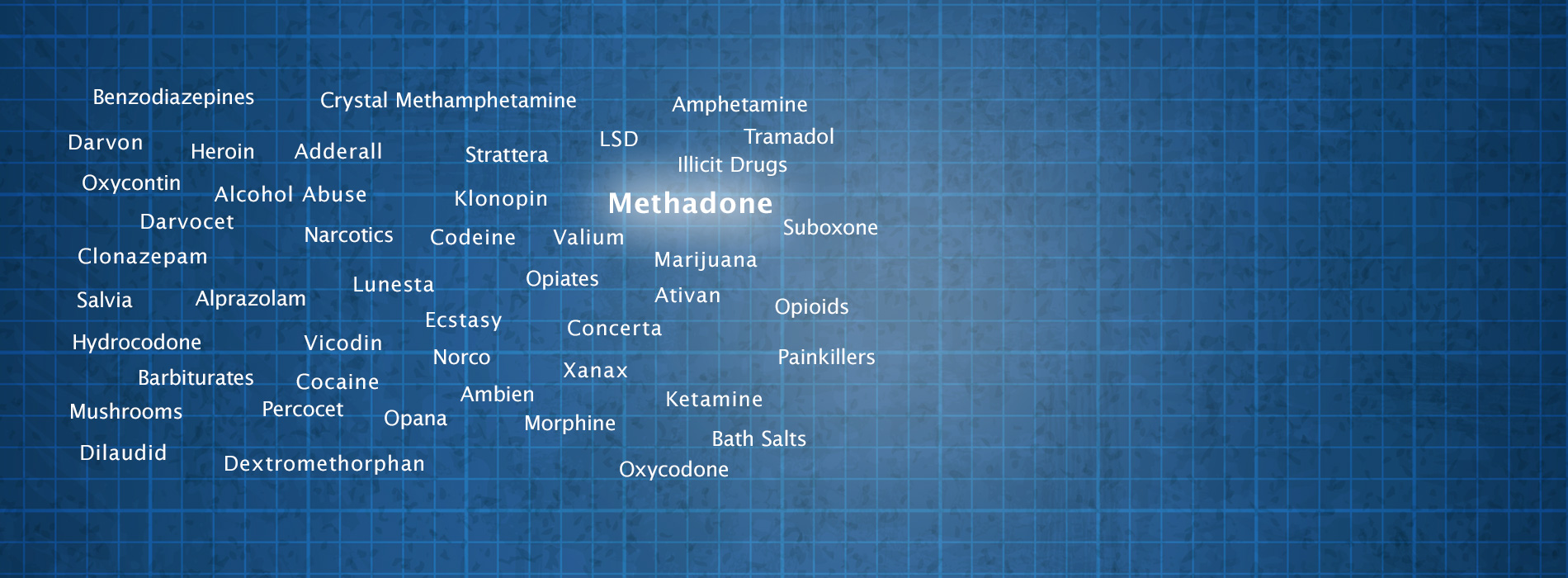Methadone
On the street, methadone is referred to as Meth, Junk, Dolls, Chocolate Chip Cookies, Pastora, and Jungle Juice. This drug does have the potential for abuse as it produces mild euphoric effects. A person achieves an opiate rush when the pill is crushed or snorted. This is considered improper use and can lead to dangerous dependency on this drug. Methadone should only be prescribed and managed under the guidance of an opiate addiction treatment center. If you or someone you love is struggling with addiction to methadone, consider consulting a professional treatment center for this.
Incidences and Cause of Methadone Addiction
It is estimated that 1 million Americans are addicted to some form of opiate, and around 120,000 individuals use methadone to control their addiction. The Centers for Disease Control and Prevention (CDC) reported in 2012 that methadone is connected to nearly 33 percent of opioid-related deaths. Some maintenance patients who take methadone for long periods of time become dependent on this drug. Many feel that this drug is necessary to sustain themselves in daily life. These situations and this type of exposure cause an addiction to methadone.
The exact causes of methadone addiction are not known, but experts speculate that opiate drug abusers turn to this drug to relive painful withdrawal effects of other illicit drugs. Methadone addicts are people who are trying to stop heroin use. Methadone assists with the withdrawal process and symptoms associated with this. There is no euphoria or “high” produced, but a person can become psychologically and physically addicted to methadone.
Signs and Symptoms of Addiction, Use, and Dependence
The physical effects of methadone include anaphylactic reactions, sexual impotence, depressed respiratory function, gastrointestinal distress, heart irregularities, and death due to accidental overdose. Also, the psychological effects include euphoria, hallucinations, paranoia, anxiety, depression, and suicidal ideation. Social effects include avoidance of various activities and functions, increased stress and tension within the family, loss of interest in usual things, and alienation or withdrawal from socialization.
Methadone Treatment
Methadone addiction is a debilitating thing. There are thousands of people who struggle with this, so if you or someone you love has a problem, the first step toward recover is to admit to it. After this, you should seek professional help at a treatment rehabilitation (rehab) center. The substance abuse counselors will alleviate your fears and help you make a safe recovery.
Resources
Methadone maintenance treatment. Center for Disease Control and Prevention. http://www.cdc.gov/idu/facts/methadonefin.pdf
- Dry mouth
- Drowsiness
- Slowed or troubled breathing
- Facial flushing
- Irregular heartbeat
- Weakness
- Urinary difficulties
- Impaired concentration
- Seizures
- Tremors

